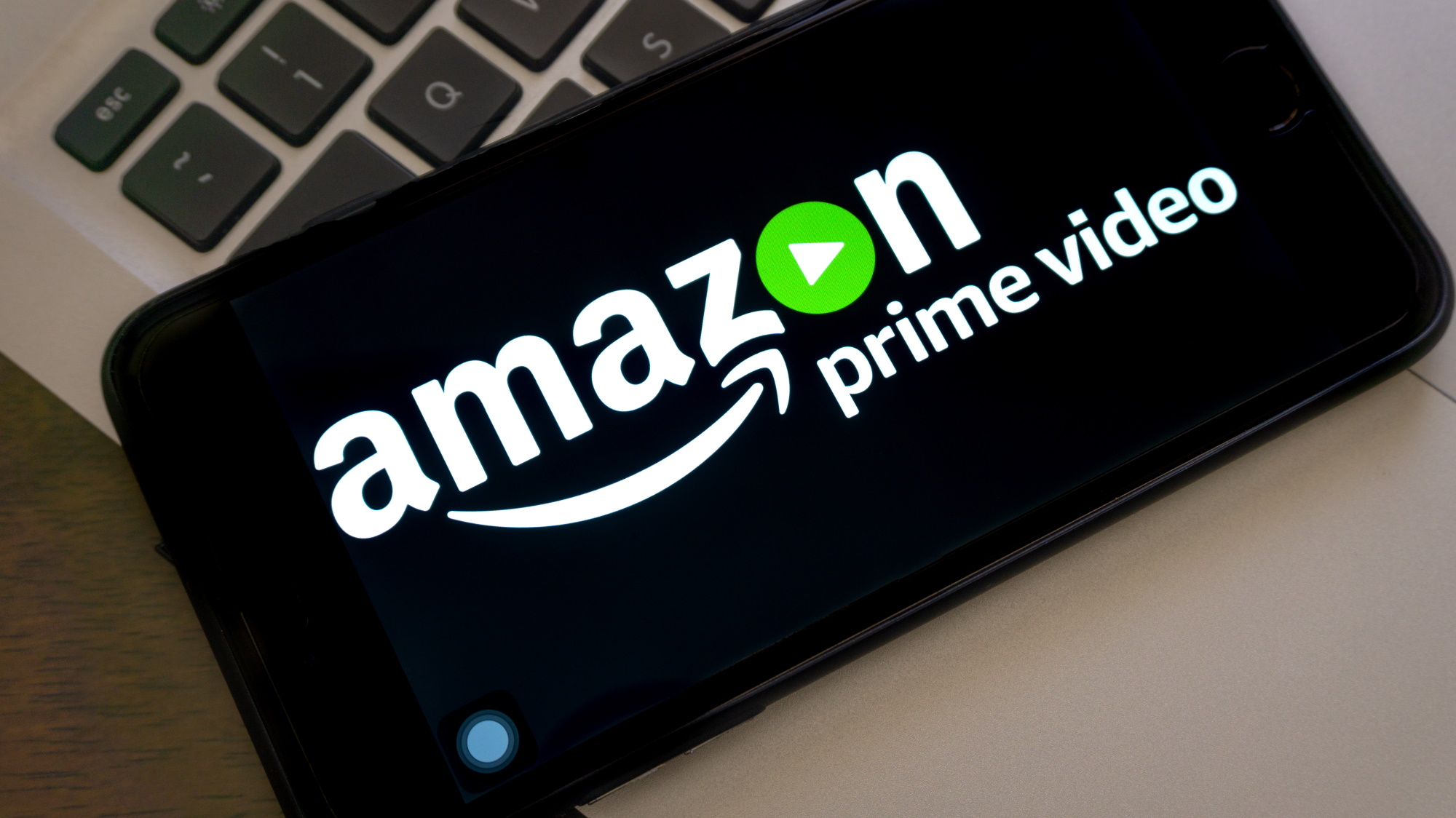Amazon Prime Video reminds us we don't own the TV shows and movies we buy
You're paying for a limited license

You probably already knew you don't technically own the majority of digital content you download on major platforms like Steam and Amazon Prime – instead, you're paying for a license to access that content in a lot of cases.
This week, Amazon Prime Video reiterated this point as part of a motion to dismiss a lawsuit over allegations of unfair competition and false advertising. According to THR, the complaint argued that Amazon "secretly reserves the right" to stop users accessing content purchased through Prime Video.
In its motion to dismiss, Amazon makes the point that the Prime Video Terms of Use explains to consumers what they're paying for when they buy movies, TV shows and other digital content.
"The most relevant agreement here – the Prime Video Terms of Use – is presented to consumers every time they buy digital content on Amazon Prime Video. These Terms of Use expressly state that purchasers obtain only a limited license to view video content and that purchased content may become unavailable due to provider license restriction or other reasons."
Amazon says that the plaintiff in the case hasn't had any Prime Video content become unavailable to date. "Plaintiff claims that Defendant Amazon's Prime Video service, which allows consumers to purchase video content for streaming or download, misleads consumers because sometimes that video content might later become unavailable if a third-party rights' holder revokes or modifies Amazon's license.
"The Complaint points vaguely to online commentary about this alleged potential harm but does not identify any Prime Video purchase unavailable to Plaintiff herself. In fact, all of the Prime Video content that Plaintiff has ever purchased remains available. And Plaintiff has continued to buy content on Amazon Prime Video even after this Complaint was filed, making thirteen such purchases."
This isn't news, as such, but it is interesting to see it discussed in a legal setting. The term 'limited license' is used a lot – Amazon says one of the reasons digital content is sold this way is because the retailer is at the behest of those who own it.
Sign up for breaking news, reviews, opinion, top tech deals, and more.
"Digital Content is offered to customers under a limited license, in part, because some of that Content is owned by third-parties who ultimately control its access and availability."
This is a key difference between digital content and physical media – no one can come to your house and take your DVD collection away because, say, a movie studio no longer has the license to the songs on the soundtrack. In offering movies and shows on Amazon, the owners of the content have more rights in how and when you can access it.
How much does digital ownership matter?
Speaking personally, a few years ago I noticed I couldn't redownload songs I'd bought on the Silent Hill 2 soundtrack on iTunes, because the owners of the music withdrew it from sale.
That really sucked – and was a catalyst in me abandoning purchases on iTunes altogether, and just signing up to Spotify (though I could still transfer the music from my iTunes library on my PC to my Apple devices).
In many ways, the various subscription models that have permeated different entertainment industries – from Spotify to Netflix to Xbox Game Pass – have made ownership less of a priority. It still matters, though, that making a financial commitment ensures you can access the content in question for as long as you want. That's why you're purchasing and not renting, after all.
It's always worth reading the fine print for the different retailers you use – and ensuring you're happy with what you're actually paying for.

Samuel is a PR Manager at game developer Frontier. Formerly TechRadar's Senior Entertainment Editor, he's an expert in Marvel, Star Wars, Netflix shows and general streaming stuff. Before his stint at TechRadar, he spent six years at PC Gamer. Samuel is also the co-host of the popular Back Page podcast, in which he details the trials and tribulations of being a games magazine editor – and attempts to justify his impulsive eBay games buying binges.